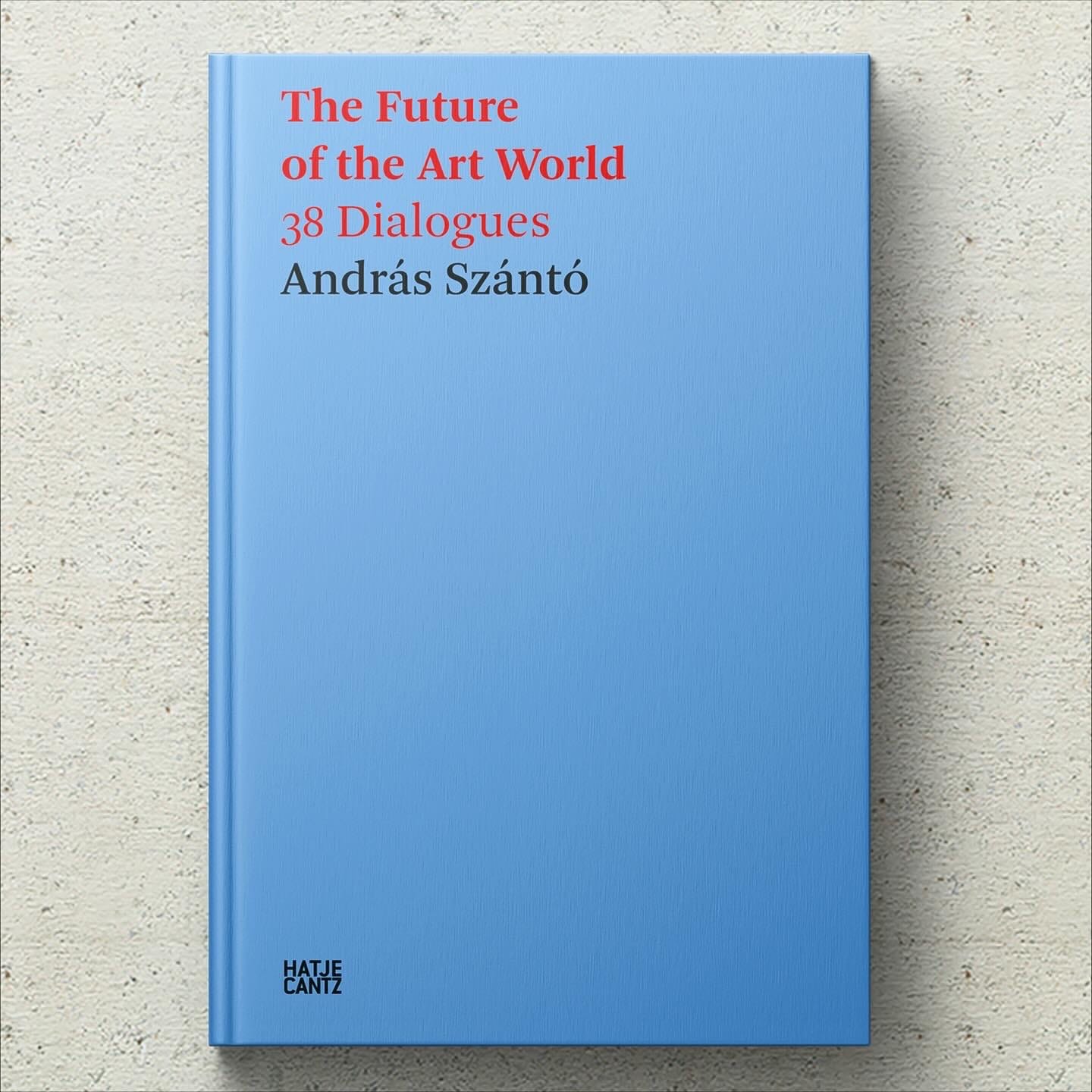The Soft Labor Questionnaire: András Szántó
Welcome to Soft Labor, the namesake publication of Soft Labor, a strategic consultancy for organizations, designers, and the culture industry led by Sarah Hromack-Chan. Soft Labor is a publication about creative labor—what it is, what it looks like, and how it has and will continue to change. Did someone forward you this publication? Subscribe, read our archive, or email us at info@softlabor.biz.
The Soft Labor Questionnaire
The Soft Labor Questionnaire, is simply that: A brief series of questions we’ve asked comrades in the field to answer about their own working experiences. Would you like to respond to the Soft Labor Questionnaire? Go right ahead and do so.
Today's respondent is András Szántó. András advises museums, foundations, educational institutions, and corporations on cultural strategy and program development, worldwide. He earned his Ph.D. in sociology from Columbia University. A widely published author, his writings have appeared in The New York Times, Artforum, Artnet News, and The Art Newspaper, among other publications. As a consultant, he advises some of the world’s leading cultural institutions and corporate art programs. His most recent books are The Future of the Museum: 28 Dialogues (2020), Imagining the Future Museum: 21 Dialogues with Architects (2022), and the forthcoming The Future of the Art World: 38 Dialogues (Hatje Cantz, Oct. 2025).
Tell us about the first job you ever did for money.
Other than working as a bricklayer one summer I made money through college translating Hungarian art historians’ texts into English.
Is your current work related to what you studied in school? If so, how? Or, how not?
Yes. My Columbia University dissertation was about the art world. Almost 40 years later I work in the art world and just published a book about it, The Future of the Art World: 38 Dialogues (Hatje Cantz, Oct. 2025).
What cultural touchpoint—music, art, literature, etc.—has informed your practice the most?
Visual art.
What is the most rewarding aspect of working in your industry? The most challenging?
Most rewarding: it’s constantly changing. Most challenging: chronic deficit of working capital to do great things, frequent superficiality, and short memory spans.
Has AI impacted your work? How?
My new book has an AI chat linked to it, a first in my field. While I am not using AI to do my writing it is a frequent tool for my business and for those around me.
What advice would you give to someone starting a career in your industry?
Don’t think of it as an industry.
What are you obsessed with that has little-to-nothing to do with "work"?
Politics.
